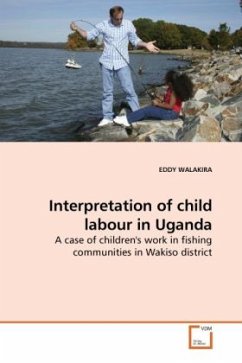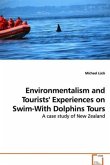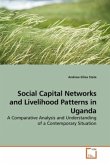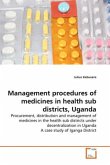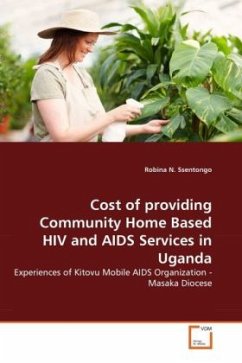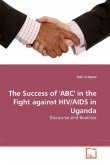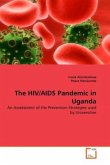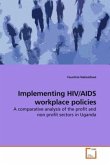Understanding child labour in Uganda. This book interrogates the interpretation of child labour in Uganda s fishing communities. It is based on the views of children in paid and non paid work, parents and cultural leaders, and policy makers at national and local levels. Emerging discourses on child labour are presented. While some discourses are in agreement with conventional views on the hazardous forms of work, others challenge language use and the enactment of the concept in a way that is not reducible to local interpretations. The latter call for dialogue in different settings to generate the local equivalents (including indicators) for categories such as child labour and children s rights. Interventions aiming to shape desirable childhoods through elimation of hazardous work ochestrated by conditions linked to vulnerability, ought to target social-ecological and parenting factors that induce failures in the child care ecology comprising the micro, meso, exo, and macro systems. Other initiatives should aim to shape positive children s agency, fostering dialogue driven interventions and wider participation of those affected.
Bitte wählen Sie Ihr Anliegen aus.
Rechnungen
Retourenschein anfordern
Bestellstatus
Storno

